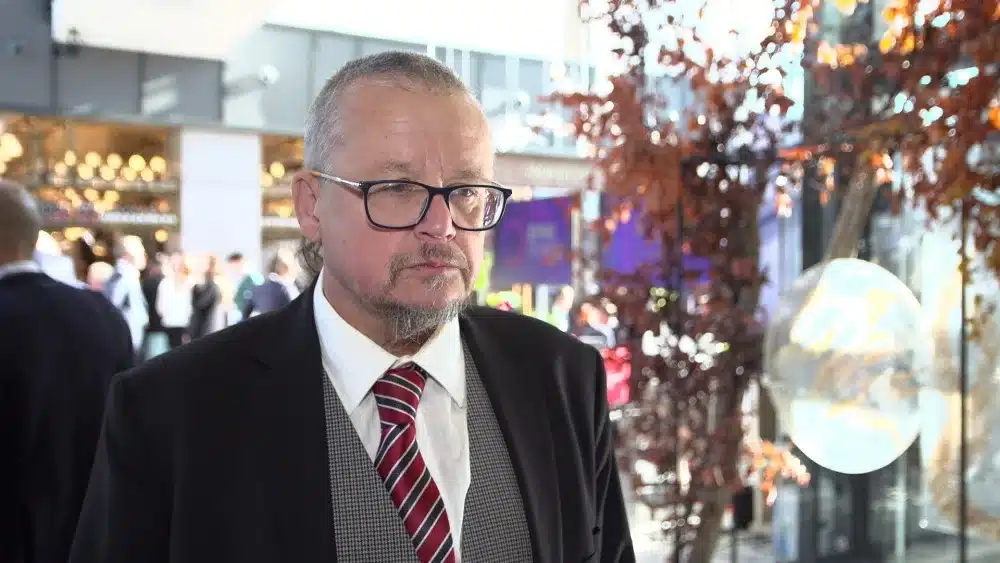Ensuring world food security requires significant changes in the agricultural system, says the think tank Food for the Future. This is especially true as the global population will soon increase to 10 billion. Experts believe that the key is shifting away from industrial agriculture to a model of regenerative agriculture based on natural balance. This also includes significantly reducing meat consumption in favor of plant-based food.
“To feed 10 billion people, we cannot maintain the current agricultural model. According to data from the Food and Agriculture Organization of the United Nations, today’s hidden costs of the agriculture system are roughly $12.5 trillion annually, or roughly 15 times Poland’s budget. These are losses we incur in health and natural resources due to the unsustainable nature of agriculture,” says Zbigniew Karaczun, an expert of the Warsaw University of Life Sciences and the Interdisciplinary Centre for Analysis and Cooperation “Food for the Future”.
The Interdisciplinary Centre for Analysis and Cooperation “Food for the Future” report “Plate of the Future” shows that intensive agricultural activity negatively affects access to clean air, water resources, biodiversity, as well as the health of societies. Between 2016-2023, the hidden environmental and health costs of the agricultural system increased by 9%.
Experts argue that debates on food security focus too much on physical and economic access to food and overlook issues of food origin, health and quality of life, and natural resources and climate. Consumers, based on this, often make choices harmful to their health or the environment and climate.
Dr. Zbigniew Karaczun states, “We need to significantly change the agricultural system and move away from industrial agriculture, which is very geared towards changing nature and using natural resources, to a model of regenerative agriculture, looking to balance nature.”
A key element in building food security for 10 billion people will be increasing the consumption of plant-based products at the expense of meat. This will reduce animal production, which currently consumes the most resources. The expert emphasizes that maintaining the current diet with a high share of meat will make it impossible to achieve climate neutrality by 2050, and the increase in the Earth’s average temperature will not be halted at a level below 2 degrees Celsius.
“If we do not change our approach, we will either have to switch to synthetic food that will be tasteless, only providing us with calories and keeping us alive, or we will simply become extinct,” warns Dr. Zbigniew Karaczun.
He emphasizes that in the debate on climate and the use of the Earth’s resources, an important topic of threats to the human species, which ecologists and biologists focus on, is overlooked. The protection of the environment puts human and their safety, which depends on nature, at the center.
“If we cross certain planetary boundaries, such as the stability of the climate system, and the temperature rises by 2.5-3 degrees above the level from the pre-industrial period, it will not be just a little worse than it is now, but it may be completely different, because the natural system changes drastically.
